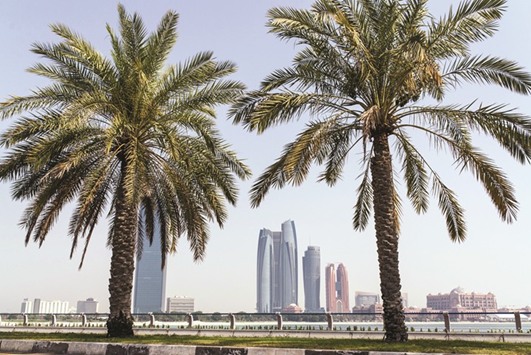Low oil prices and a sluggish economy hit Abu Dhabi’s property market in the first quarter of 2017, property specialists Chestertons has said.
Its property market has been under pressure for more than a year after oil-rich Abu Dhabi had to cut government spending and lay off thousands of workers at state-linked companies partly because of lower oil revenues.
“Sales prices are expected to further decline due to redundancies attributed to the shrinkage of the oil and gas sector,” Robin Teh, UAE country manager at Chestertons, said in the report. “We believe the trend of downsizing or moving to more affordable areas will continue until 2018, when an expected increase in government spending could improve market sentiment.”
Average sales prices of apartments fell 1% and villa prices dropped 9% in the three months ending March 31 compared to the last quarter of 2016, Chestertons’ quarterly report said.
The rental market was also depressed with rents for apartments and villas falling by 3% in the first quarter versus the previous quarter, it said.
In neighbouring Dubai, which is not directly affected by the oil market, rents and prices were stable for apartments or villas in the first quarter, real estate firm JLL said in a report this week.
“This suggests that the residential sector is currently poised close to the bottom of its cycle,” JLL said.
The Dubai real estate market has softened since late 2014.
But the JLL report said any recovery in residential prices in Dubai was unlikely before late 2017 at the earliest given a continued slowdown in the Dubai economy, and its dependence upon the global economy.

Skyscrapers stand on the city skyline in Abu Dhabi. The property market has been under pressure for more than a year after Abu Dhabi had to cut government spending and lay off thousands of workers at state-linked firms partly because of lower oil revenues.
